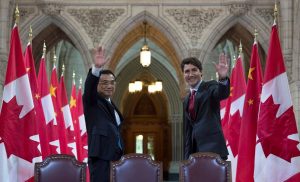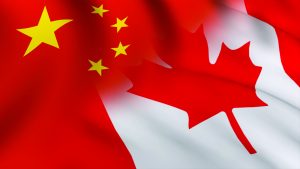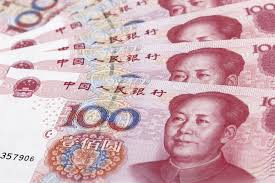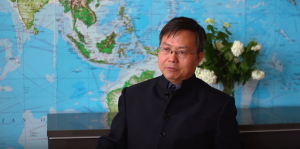Can Canada Follow New Zealand’s Model for Free Trade with China?
Memo #381 By: Charles Burton – cburton [at] brocku.ca and Stephen Noakes – s.noakes [at] auckland.ac.nz What explains the absence of a Canada-China free trade agreement? From China’s perspective the benefits of free trade with Canada are clear: increasing its market share in Canada, locking Canada in as a reliable supplier of the energy, mineral and agricultural resources necessary to sustain […]
LNG in British Columbia, Scandals in Malaysia, and the Complexity of Policy Decisions
Memo #340 By Kai Ostwald – kai.ostwald [at] ubc.ca Liquefied Natural Gas (LNG) production is an important potential source of revenue and new jobs for British Columbia. The consortium tasked with developing the industry is led by Petronas, the Malaysian state-owned national oil firm. Given the size of investments (an initial $12 billion) and the […]
Canada – China FIPA: Just the Facts, Please
Memo #313 By Matthew Levine – matthew.a.j.levine [at] gmail.com Canada’s Foreign Investment Promotion and Protection Agreement with China (China FIPA), which entered into force October 1, 2014, is a laudable step towards norms-based economic relations in the Asia-Pacific. My two goals here are to briefly introduce key developments in the China FIPA and to put […]
Chinese SOEs and Non-Renewable Resource Development in Alberta
Memo #294 By Daniel Wood – dwood [at] alumni.ubc.ca Canada’s abundance of non-renewable energy resources, such as conventional and synthetic crude and natural gas, are vital to the national economy. According to Statistics Canada, jobs from this sector currently contribute to 4% of Canada’s total labour force and 6.2% of its GDP. Meanwhile, the number […]
Engaging China: Myth, Aspiration, and Strategy in Canadian Policy from Trudeau to Harper (Video Interview with Paul Evans)
Memo #291 Behind the Book: Dr. Paul Evans discusses his latest book Engaging China: Myth, Aspiration, and Strategy in Canadian Policy from Trudeau to Harper Last month the Asia Pacific Memo sat down with Paul Evans to discuss his recently released book, Engaging China: Myth, Aspiration, and Strategy in Canadian Policy from Trudeau to Harper […]
“A Legacy for the People:” The Columbia Basin Trust as Model for the Angat River Basin?
Memo #287 By Brett Dimond – brett.dimond [at] gmail.com The issue of centralized control over water resources has not always been confined to developing countries. In 1964, Canada and the United States ratified the Columbia River Treaty, whose primary purpose was to coordinate the operation of the river for flood control and hydropower generation. Little […]
The Global Intensification of Supplementary Education
Memo #271 Featuring Julian Dierkes Recently, Ee-Seul Yoon of the Faculty of Education at UBC in coordination with the Asia Pacific Memo sat down with Dr. Julian Dierkes, Associate Professor and Keidanren Chair in Japanese Research at UBC’s Institute for Asian Research, to pose a few questions about Professor Dierkes’ recently co-edited volume, Out of the Shadows: The Global […]
Redback Rising: Canada’s Role in the Internationalization of the Renminbi
Memo #267 By Grégoire Legault – gregoire.legault [at] alumni.ubc.ca The Chinese renminbi, or “people’s currency” (人民币), has been internationalizing more rapidly than experts had previously forecast, even though the country’s capital account remains closed and the currency’s exchange rate is still not allowed to float freely. The redback is crossing national borders at a transitional stage in […]
Best Practices Guidelines: Chinese Energy Investment In Canada
Xu Xiaojie, Director of World Energy at the Institute of World Economics and Politics at the Chinese Academy of Social Sciences discusses the relationship between Chinese and Canadian energy companies, and the motivations behind Chinese investment in Canada.
China’s Liberalizing Impact on Global Commodity Markets
Memo #195 – China played a key part in the recent collapse of the iron ore pricing regime. This was an unintended consequence of a mix of bold negotiating tactics and competing domestic interests, which made it difficult to implement a consistent international procurement policy. Chinese actions destabilized global market institutions and paradoxically caused their liberalization.









